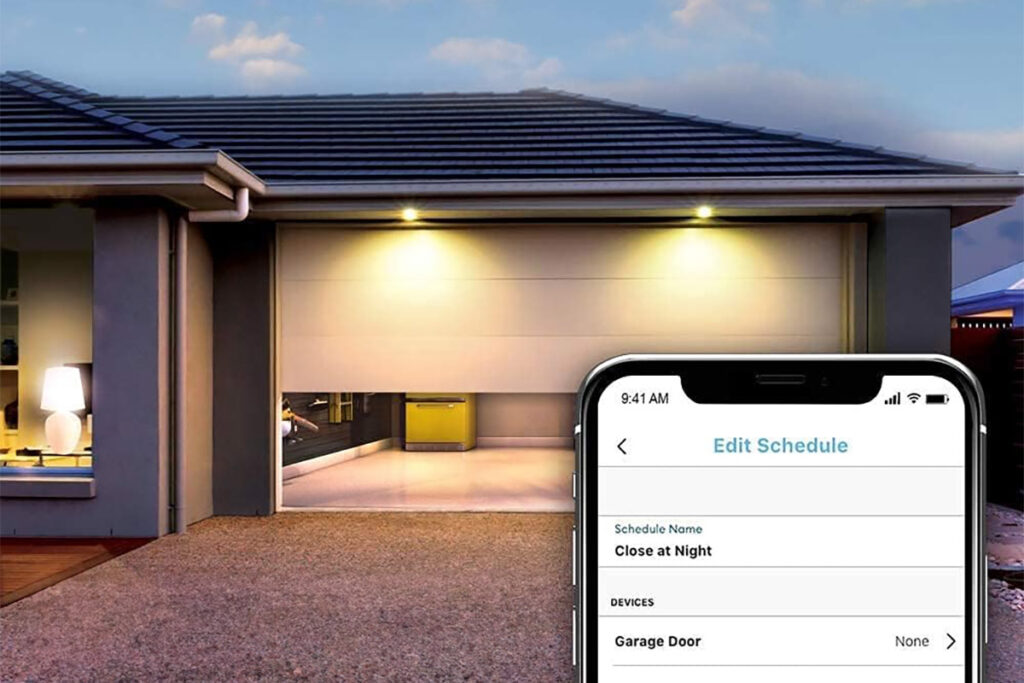 ‘
‘
When you finally reach the age where you can afford to buy your own car, you’re excited. You’ve probably been saving for a while to come up with the down payment on your car. Maybe your parents are loaning you some money for a down payment. The thing is, once you drive that car off the lot, you’re going to have to pay a car payment. And, most car payments last for at least 3-4 years. It’s important that you know you can afford the monthly payment.
You also have to worry about things like gas, insurance, and maintenance. Here, we’ll talk about how much you should spend on your first car. We’ll also talk a bit about whether you should put a ton of money down or whether it makes more sense to keep that cash in the bank.
Do You Want a Used or New Car?
A year ago, it made a lot of sense for first-time car buyers to get a used car. They were a lot cheaper than a new car. And, a lot of people could either pay cash for the vehicle or get a small monthly payment. That has changed a bit.
Today, even used cars are rather expensive. This is because a lot of people trade in their cars after just a few years. So, not only are the cars still relatively new, but the dealerships and banks need to make money on these cars. By the time you look at what you’ll be paying by the end of your car loan, it might make more sense to just spring for a new car.
But that isn’t an option for everyone. Not everyone has the kind of money to buy car cash. And maybe a new car just isn’t in the cards for you. You know your finances. And, you should have an idea of what your finances will be for the next few years. These are the things that will determine whether you buy a new or used car.
What Does Your Financial Picture Look Like?

Before you decide how much to spend on your first car, you need to look at your finances. There are several things you need to think about, including:
- How much do you make? Look at how much you clear every week or two weeks. Does a good portion of your pay come in the form of tips or commissions? If this is the case, it’s not guaranteed income. Look at what you’ve made on average for the last 6-12 months.
- Do you live on your own or with your parents? If you’re living at home, you have more money to spend on your monthly car payment. However, you may not be living at home forever. Odds are, in the next few years, you may want to move out on your own. If this is the case, you don’t want a really big car payment holding you back. This is something to keep in mind when you decide on what kind of car to buy and how much to spend.
- What are your other expenses? If you’re paying things like rent and student loans, you won’t have all that much to spend on a car payment. This is something to keep in mind when car shopping.
Is There a Certain Percentage of Income You Should Spend on Your First Car?

When you’re trying to figure out how much to spend on your new car, there are some rules you can follow. If you’re super cautious, you may want to stick to no more than 10% of your income. So, if you make $40,000 per year, you don’t want to spend more than about $4,000 on a car. This means you won’t be able to get a new car.
However, you could get a decent used car. If you have the cash, then you can shop privately. This opens up the idea of negotiating. So, if you find a car you really like that’s $5,000 you may be able to talk the owner into selling it for less. This isn’t really possible when financing a car through a car dealership.
If you are a bit more comfortable with your money, you can probably afford to spend about 20% of your annual income on your first car. If this is the first time you’re buying a car, you are probably young. That means your income may not be as high as other people shopping for cars. And, there’s nothing wrong with that. You’ll have your whole life to buy second and third cars. You only get one chance to buy your first car
. So, if you make about $30,000 per year, you wouldn’t want to spend more than about $6,000 for your first car. This would buy a decent used car. Or, you could put a couple of thousand down and then make monthly payments.
If you really want to splurge, you could spend about 35% of your annual income on a car. However, this is not smart. Anything could happen in the next few years that could affect your ability to make your monthly car payment. If you miss just 1-2 payments, the bank can repossess your car. You don’t want that to happen. Not only will you lose your car, but you can also ruin your credit.
How Much Should You Put Down on Your Loan?
If you decide to finance a new or used car with a car dealership, you’ll need to get a loan. Even people with great credit have to put something down. So, if you have a couple of thousand to put down on your first car, great. The finance officer at the dealership will do what they can to get you into a car. They'll work the numbers and, based on your credit, will let you know how much you qualify for.
There is one thing you need to be careful of. The finance officer may try to push you into a car that you can’t afford. Just because you qualify for a certain amount of money does not mean you need to spend that much. Don’t let the finance officer bully you. If you feel too pressured, have your parents go to the dealership with you. The salespeople are less likely to take advantage of you if you have another adult with you.
Depending on what kind of car you buy, you should expect to put down about 10% of the purchase price. So, if you’re buying a $20,000 car, make sure you have about $2,000 to put down. Sometimes, dealerships run special promotions where you don’t need to put any money down. Be careful with these specials. They usually end up charging you such a high-interest rate that it costs you much more in the long run.
How Long Should Your Loan Be?
Most auto loans are for about 4 years. The problem is, for first-time car buyers, the finance people try to push you into a loan that is 5-6 years. When you do the math, these loans just don’t make sense. If this is your first car, you probably haven’t been alive long enough to screw up your credit. If you have a decent credit score, there’s no reason why you shouldn’t be able to get a loan for 4-5 years.
Finance companies love to stretch loans out for as long as they can. This means more interest for them. That means more money out of your pocket. Don’t let them pressure you. If they want to put you into a car, they’ll find a loan that works for you. If you get a car loan for 4-5 years, you can always trade it in for a new car in a few years. But, if you have a 6-year loan, you won’t have much equity after 2-3 years. This means you might not get any real credit on a trade-in.
Remember – You Have to Include Gas, Insurance, and Maintenance
Buying your first car is more than just a car payment. You need to think about how much you’re going to spend on things like gas and tolls. Depending on how much and how far you drive, this could be at least $100-200 per month. You also need to pay car insurance. If you’re financing a car, you need to carry full coverage.
For newer drivers, insurance is very expensive. You might have to spend at least another $300 per month on auto insurance. This may be as high as your car payment. Check to see if it would be cheaper to jump on to your parents’ insurance. It could make it an awful lot cheaper than having it on your own. You also need to consider how much you’ll spend on maintenance. Things like oil changes, repairs and the like can cost a few hundred dollars a year.







